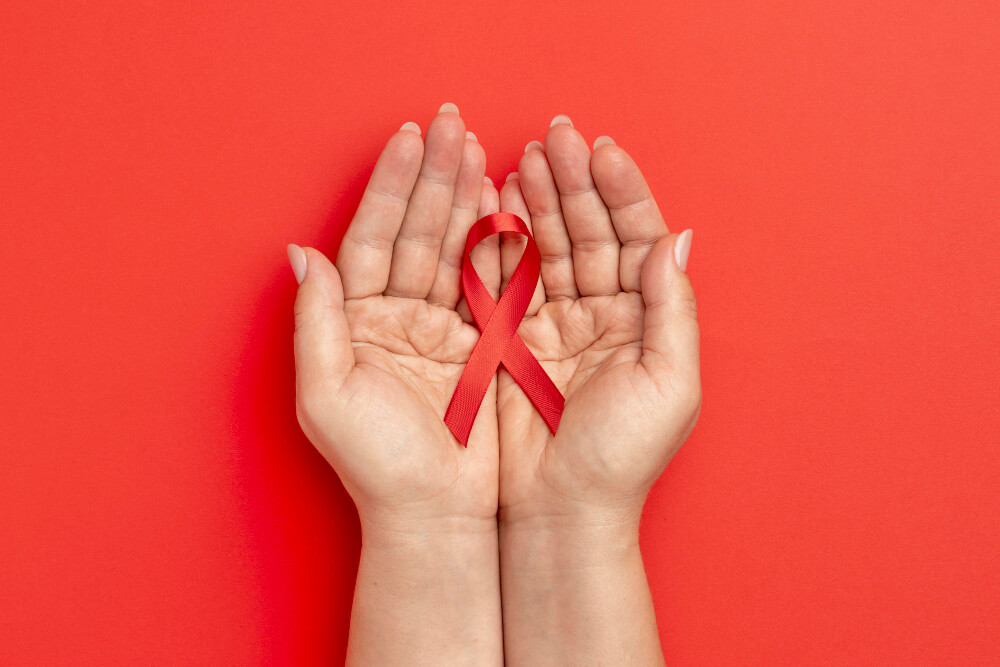PrEP: A Powerful Tool for HIV Prevention
Pre-exposure prophylaxis (PrEP) is a medication regimen used to prevent HIV infection in people who are at high risk. It involves taking a daily pill that contains antiretroviral drugs, which are typically used to treat HIV. When taken consistently, PrEP is highly effective in reducing the risk of HIV transmission.

How PrEP Works
PrEP works by preventing HIV from establishing a foothold in the body. When taken as prescribed, the antiretroviral drugs in PrEP build up in the blood and prevent the HIV virus from multiplying if it enters the body.
Who Should Consider PrEP
PrEP is recommended for people who are HIV-negative but at high risk of infection. This includes individuals who:
- Have multiple sexual partners
- Engage in unprotected sex
- Inject drugs
- Are in a serodiscordant relationship (one partner is HIV-positive)
Effectiveness of PrEP
When taken consistently as prescribed, PrEP is highly effective in preventing HIV transmission. Studies have shown that PrEP reduces the risk of HIV infection from sex by about 99% and from injection drug use by at least 74%.
Adherence is Key
The effectiveness of PrEP relies on consistent use. Missing even a single dose can reduce its protective benefits. It’s essential to develop a routine that fits your lifestyle to ensure adherence.
Getting Started with PrEP

To start PrEP, individuals should consult with a healthcare provider to assess their risk of HIV infection and determine if PrEP is appropriate.
HIV Testing Before starting PrEP, it’s crucial to get tested for HIV to confirm negative status.
Medical Evaluation A healthcare provider will conduct a comprehensive medical evaluation to assess overall health and identify any potential side effects or drug interactions.
Counseling and Education Understanding PrEP, its benefits, and potential side effects is essential. Healthcare providers will provide counseling and education to support adherence.
PrEP and Sexual Health
PrEP is a valuable tool for HIV prevention, but it doesn’t provide complete protection against other sexually transmitted infections (STIs). It’s essential to continue practicing safe sex, including using condoms, to reduce the risk of other STIs.
Regular Check-ups
While on PrEP, regular check-ups with a healthcare provider are essential to monitor for HIV infection, kidney function, and other potential side effects.
Potential Side Effects of PrEP
Like any medication, PrEP can have side effects, although they are generally mild. Common side effects include nausea, diarrhea, headache, and fatigue. These side effects usually subside after a few weeks.
PrEP and the Future
Ongoing research is focused on developing longer-acting and more convenient PrEP options. While PrEP is a significant advancement in HIV prevention, it’s essential to continue promoting comprehensive sexual health education and access to condoms.
By combining PrEP with other prevention strategies, individuals can significantly reduce their risk of HIV infection and improve their overall sexual health.
